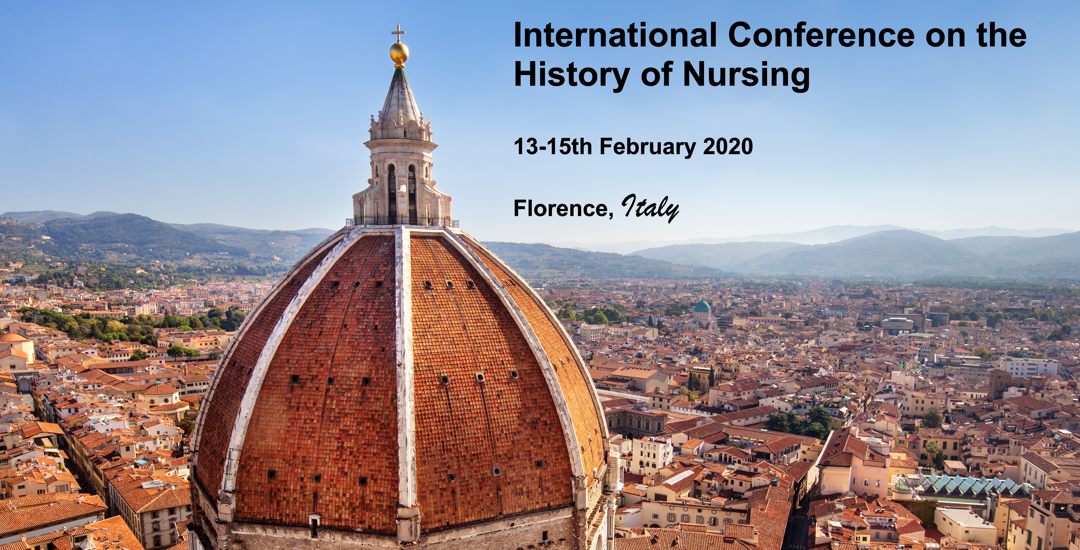Report – Workshop 2018 in Bielefeld
Complaints about a shortage of staff have been a frequent topic in the history of nursing. There was hardly ever enough nursing staff for the multitude of potential working areas to cope with it all. Yet, we can identify phases of an increased perception of crises during which nursing staff shortages were announced, at times even transnationally. The 5th Workshop of the German Association for the History of Nursing that took place 13-14 July 2018 at the hospital museum in Bielefeld was dedicated to the history of these shortages.
The goal of the workshop was to put the current shortage of nurses that has been discussed in the media and in politics within a historical perspective, and to explore the numerous dimensions of such shortages and their meaning for the history of nursing. The time period under discussion encompassed the 18th century to the 1980s. Relinde Meiwes (Research project: Catholic nursing care in the 19th and 20th centuries, in cooperation with the office of Franciscan Research, Münster) showed that Catholic communities of nurses significantly contributed to the expansion of nursing in the 19th century in the face of a dramatic shortage of staff. Meiwes pointed in particular to the shortage of nurses in rural areas that has often been neglected in historical research. Monja Schünemann (Berlin) presented her analysis of the journal of the Catholic association of hospitals titled “Krankendienst” from the 1920s. Here, the shortage of nurses was largely interpreted as a consequence of changes in women’s life plans. Uta Kanis-Seyfried (University of Ulm) used a longitudinal approach to analyse the development of psychiatric nursing between the poles of staff shortage, precarious working conditions, gender specific discriminations and efforts for a professionalisation of the field from the 18th to the 20th century.
Additional talks focussed on the time after the Second World War, in particular the growing shortage of nurses since the end of the 1950s. Christine Ludwig (Institute for Labour and Technology, Gelsenkirchen) discussed in this context the development of an independent occupational profile of geriatric care. Kerstin Stockhecke (Main Archive of the v. Bodelschwingh Foundation Bethel) and Maike Rotzoll (Universitity of Heidelberg) focussed on recruitment problems within the communities of deaconesses from the 1950s onwards. To bridge the time between finishing elementary school and starting nursing training, the deaconesses were fairly successful when they began to establish so-called nursing pre-schools. Christoph Schwamm (Institute for the History of Medicine of the Robert Bosch Foundation, Stuttgart) discussed the significance of male nurses in the discourse on the shortage of nurses during the 1960s and 1970s and investigated in particular the representations of men and masculinity in nursing journals at the time. Markus Thulin (University of Cologne), finally, shifted the perspective from Germany to Chile and looked at the time of the military dictatorship in the 20th century which was initially supported by large nursing organisations. This dictatorship ultimately introduced, however, a de-professionalisation of nursing and a privatisation and deregulation of health care that resulted in a drastic shortage of nursing experts.
Overall, all papers illustrated that a shortage of nurses is omnipresent within the history of nursing and that they have often been the starting point for necessary changes within nursing care.
Text: Susanne Kreutzer

